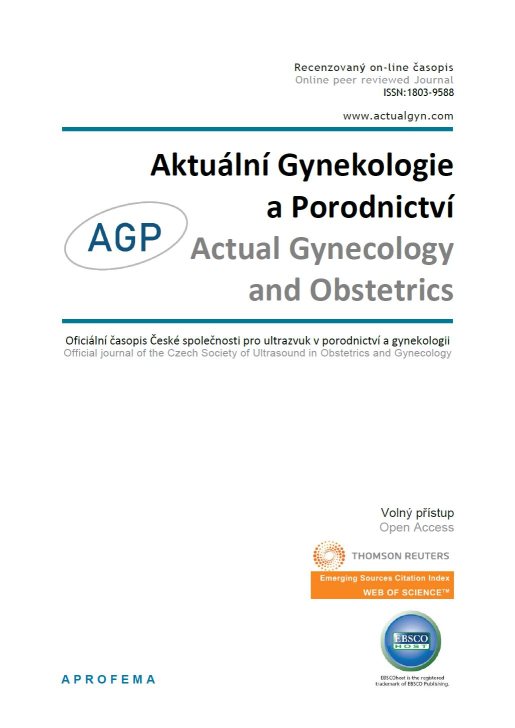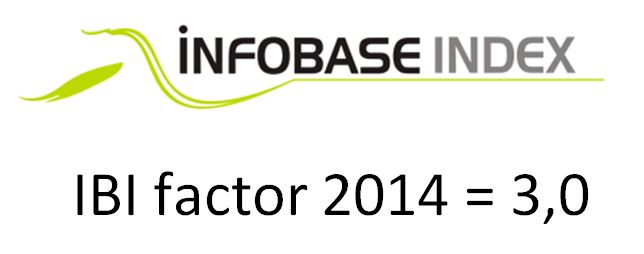











 Official publication of the Czech Society of Ultrasound in Obstetrics and Gynecology.
Official publication of the Czech Society of Ultrasound in Obstetrics and Gynecology.

Purpose: Monkeypox, an orthopoxvirus with zoonotic origins, has emerged as a global health concern due to recent outbreaks outside of endemic regions. Pregnant and lactating individuals are particularly vulnerable to potential complications, emphasizing the need for targeted prevention and management approaches.
Methods: This review explores the clinical presentation, impact, diagnostic methods, and treatment options for monkeypox in pregnant and lactating populations, with a focus on safety, effectiveness, and prevention strategies.
Results: The review synthesizes current literature on monkeypox, specifically addressing supportive care, antiviral therapy, natural remedies, vaccination, and infection control practices. Special considerations for maternal and fetal health are discussed, along with preventive guidelines to minimize transmission risks. Supportive care is the primary management approach, with antivirals like Tecovirimat and Brincidofovir considered in severe cases.
Conclusion: While vaccination offers preventive protection, strict hygiene and protective measures are crucial in healthcare and community settings. For lactating mothers, expressed milk and alternative feeding methods can mitigate transmission risks. Effective management of monkeypox in pregnant and lactating individuals requires a balanced approach that prioritizes maternal and infant safety. Further targeted research is needed to identify the specific impact of the virus on pregnancy outcomes and breastfeeding practices.